Russia’s scaled-back Victory Day parade
Annual commemoration of Soviet victory over Nazi Germany in WWII is unusually subdued affair
A free daily email with the biggest news stories of the day – and the best features from TheWeek.com
You are now subscribed
Your newsletter sign-up was successful
Russia’s annual celebration to commemorate the Soviet Union’s victory over Nazi Germany in 1945 took place this week, but events were scaled back ostensibly over security fears.
On the surface, Russia’s Victory Day parade “may have seemed like business as usual”, reported Sky News. “But the numbers tell a different story.”
In advance of the celebrations this year, at least six Russian regions cancelled their parades out of fear of attacks from Ukraine.
The Week
Escape your echo chamber. Get the facts behind the news, plus analysis from multiple perspectives.

Sign up for The Week's Free Newsletters
From our morning news briefing to a weekly Good News Newsletter, get the best of The Week delivered directly to your inbox.
From our morning news briefing to a weekly Good News Newsletter, get the best of The Week delivered directly to your inbox.
Only 50 military vehicles joined the procession, which was a quarter of its usual size, and there was no traditional airforce flyover for the second year running. The parade was led through Red Square in Moscow by a single tank – “a far cry from the usual display of military might”.
Russia’s forces have suffered significant losses since the invasion of Ukraine in February last year, with more than 20,000 soldiers killed in the past five months according to US intelligence estimates.
Considering Russia’s losses, “the amount of military equipment on display was always likely to be underwhelming”, wrote Dominic Nicholls, associate editor of The Telegraph.
The “vast majority” of Russia’s military equipment is in Ukraine, much of it “in pieces”. Certainly, President Vladimir Putin’s speech “was the usual fire-breathing stuff”, but like the parade “it was full of bluster but short on detail”, Nicholls wrote. “It was all a bit of a damp squib.”
A free daily email with the biggest news stories of the day – and the best features from TheWeek.com
Victory Day is “the most significant day of Putin’s calendar”, said CNN, “as he has long used it to rally public support, demonstrate the country’s military prowess and rail against the historical injustices he perceives Western nations have heaped on his nation”.
The muted celebrations this year “highlight how Putin’s cult has laid the groundwork for its own defeat”, wrote Maximilian Hess, from the Foreign Policy Research Institute, for Al Jazeera. Other eastern European countries, like Poland, Slovakia and Bulgaria, “have also abandoned communist-era Victory Day celebrations on May 9 and instead mark it on May 8, along with fellow EU states”.
Putin is “not only losing any claim to the mantle of Victory Day, but handing it to those opposed to his regime”.
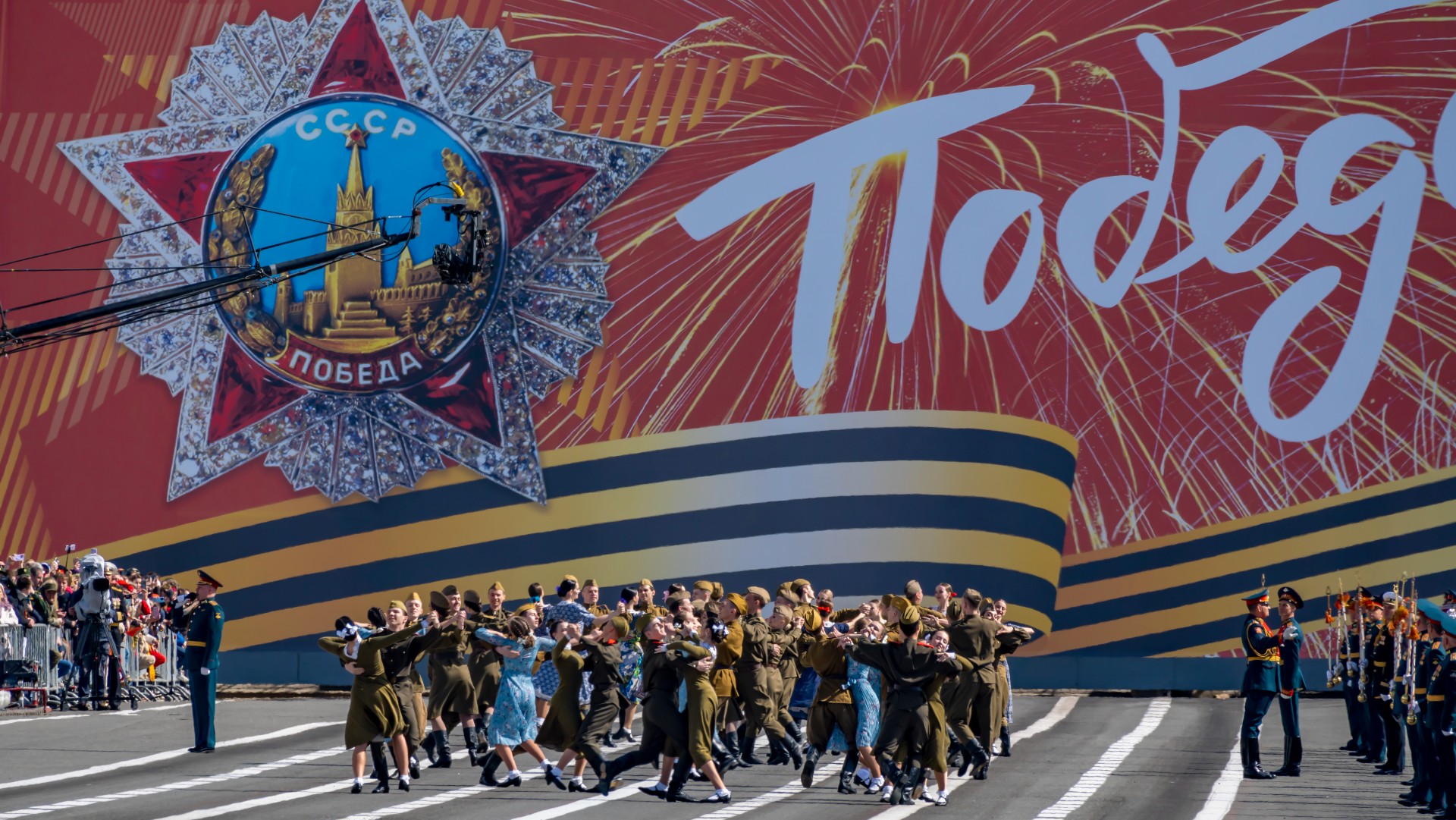
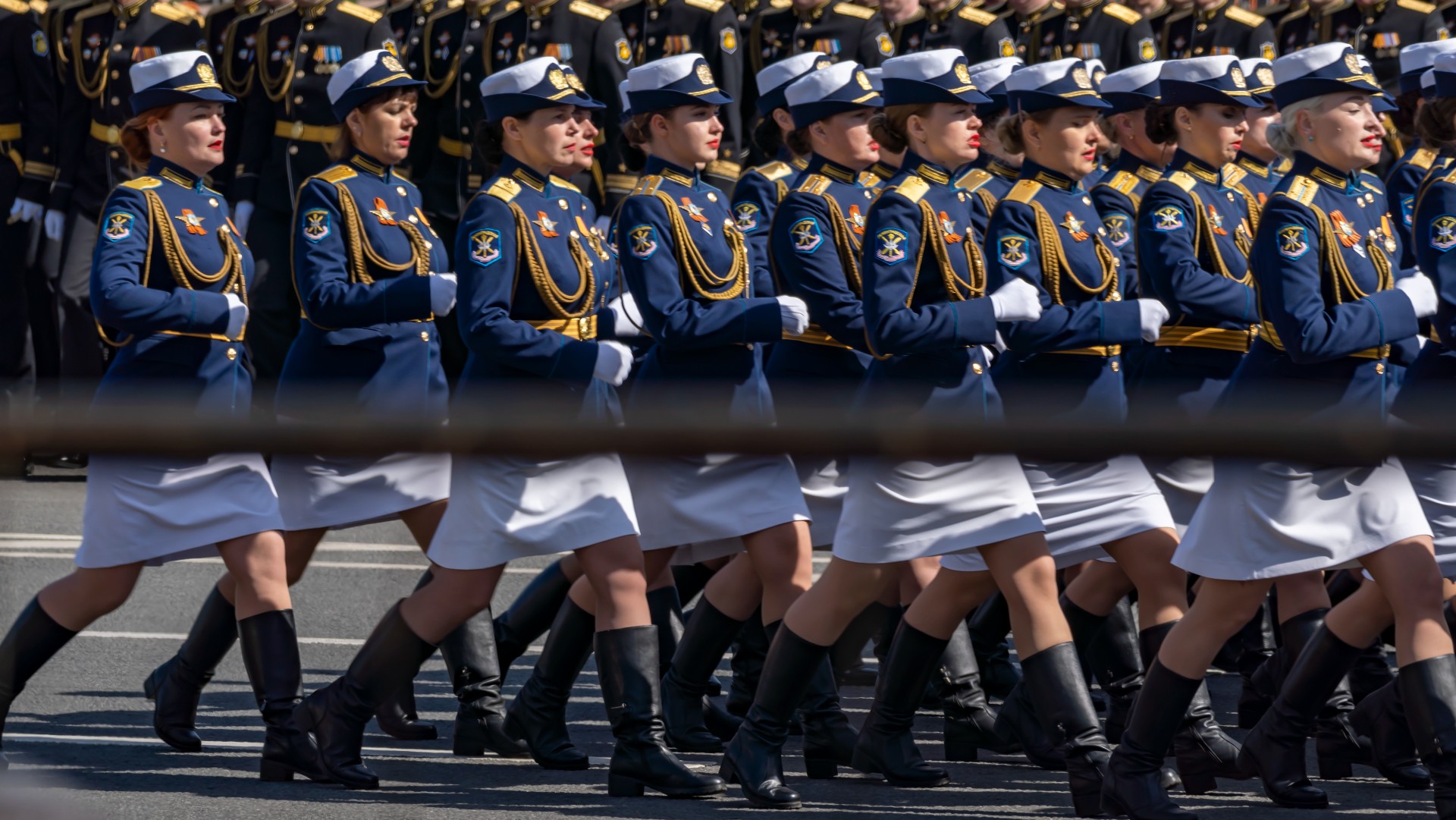
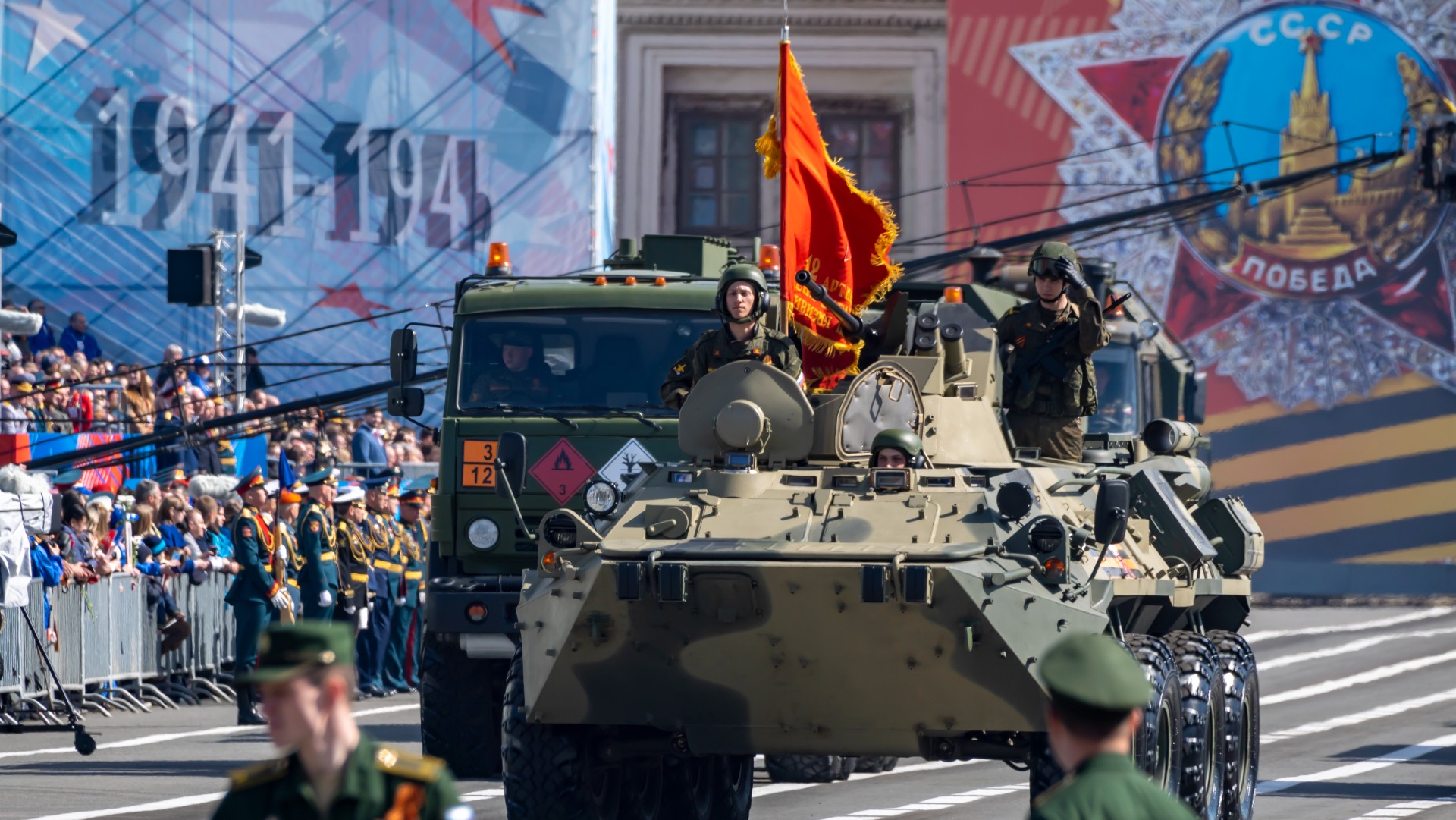
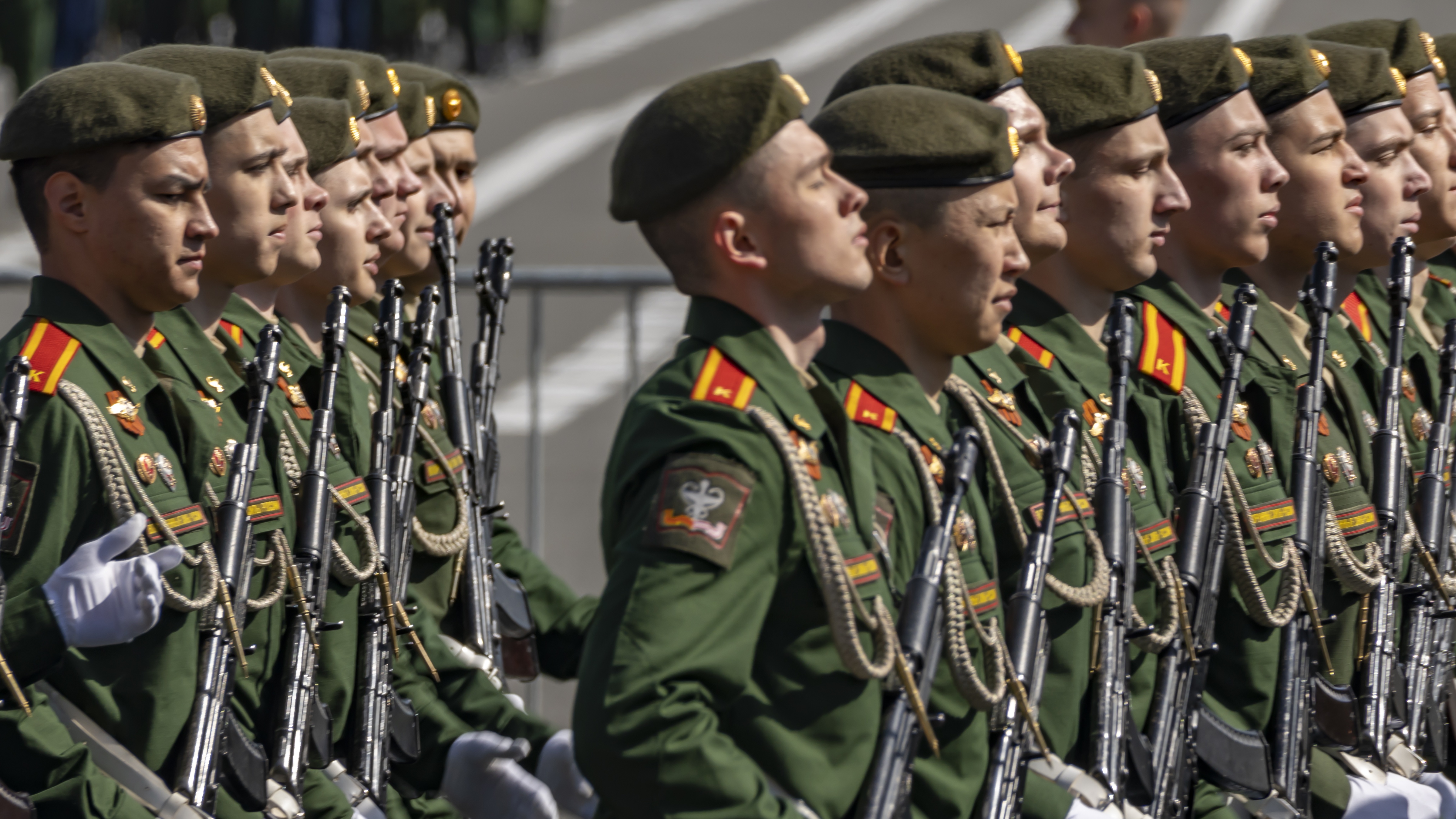
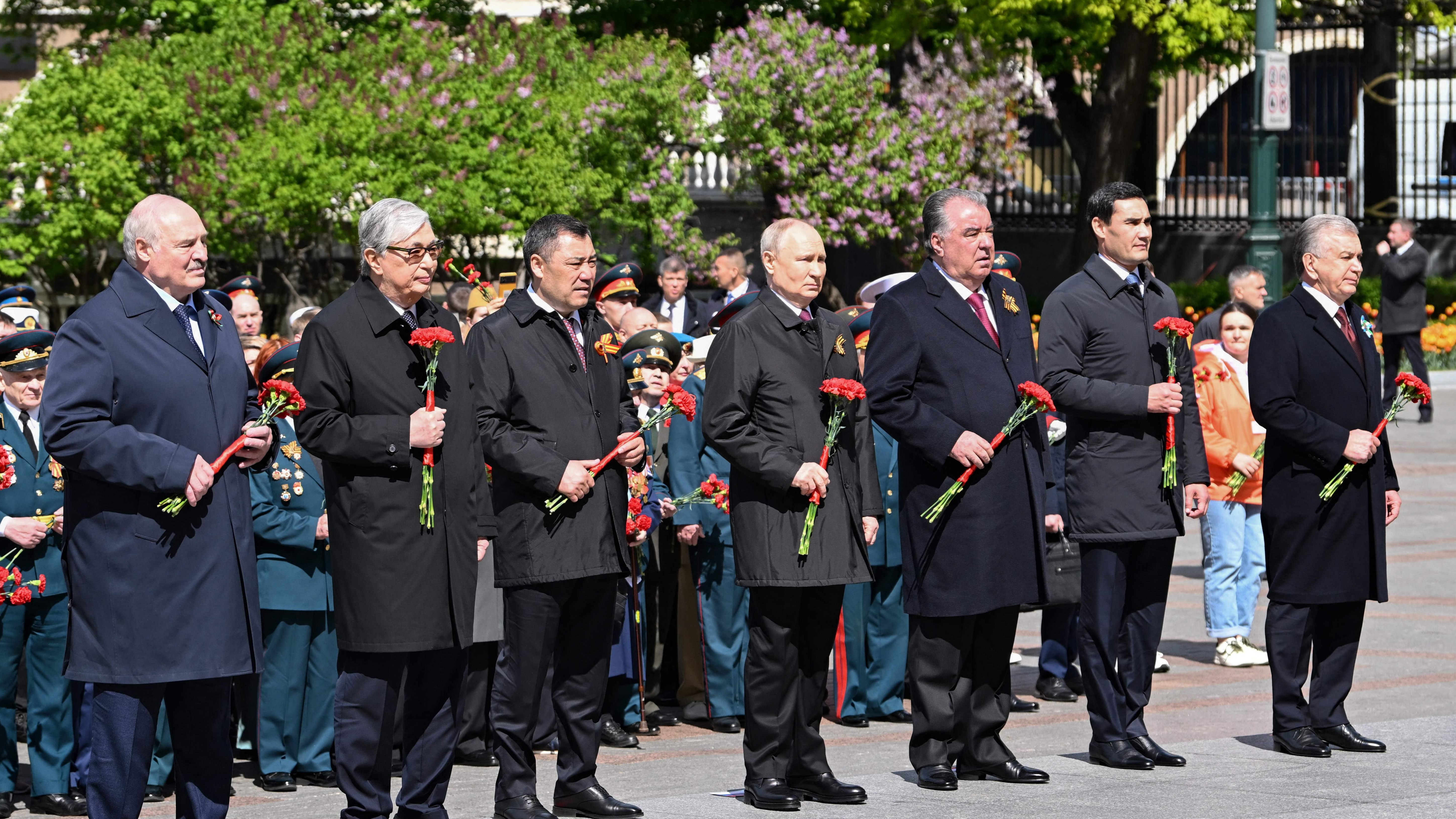
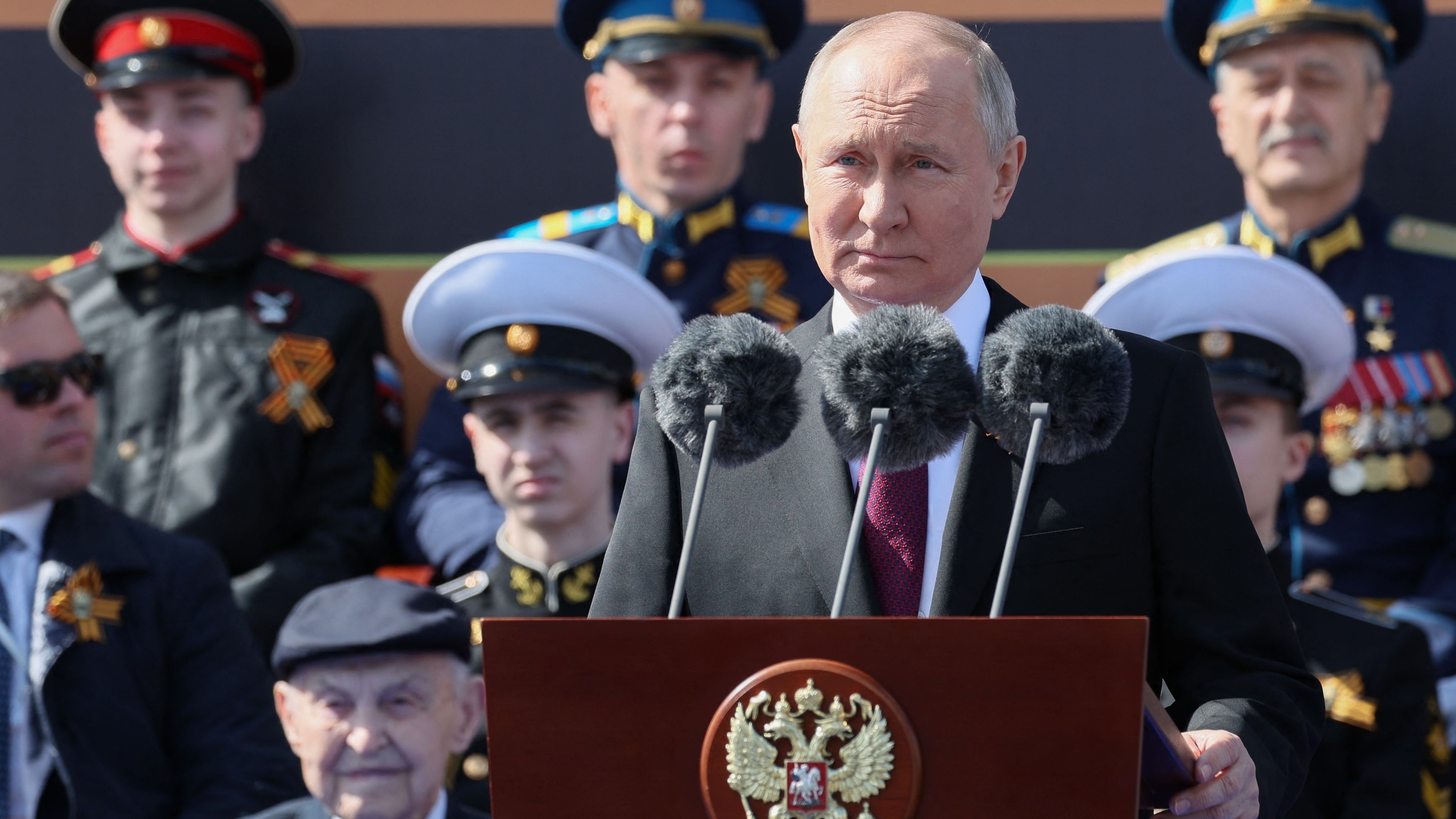
Harriet Marsden is a senior staff writer and podcast panellist for The Week, covering world news and writing the weekly Global Digest newsletter. Before joining the site in 2023, she was a freelance journalist for seven years, working for The Guardian, The Times and The Independent among others, and regularly appearing on radio shows. In 2021, she was awarded the “journalist-at-large” fellowship by the Local Trust charity, and spent a year travelling independently to some of England’s most deprived areas to write about community activism. She has a master’s in international journalism from City University, and has also worked in Bolivia, Colombia and Spain.